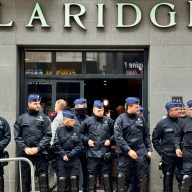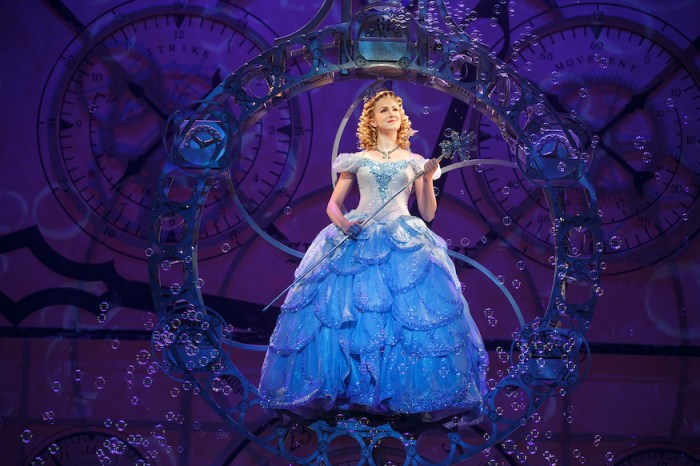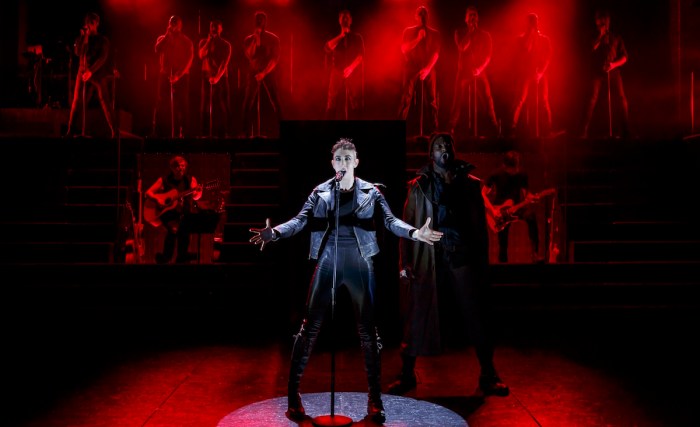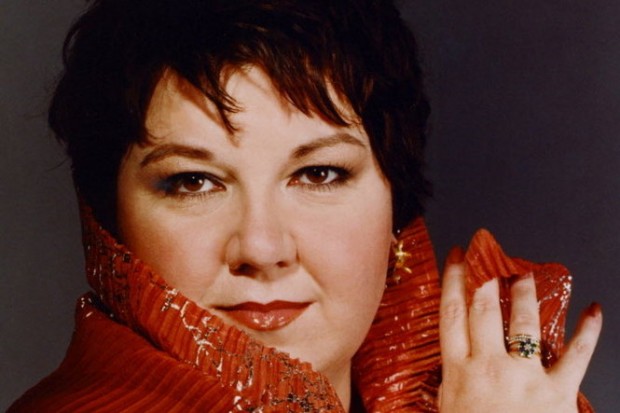Boston Lyric Opera charged choreographer Kyle Lang with an unusual task: to teach their opera singers how to dance.
Rather than having professional dancers take the stage in “The Merry Widow” — an operetta about a wealthy widow set in pre-World War I Paris — the singers will take over what are typically dancers’ roles. Lang explains that teaching the singers, none of whom have any formal dance training, has been a challenging and enlightening experience. How difficult is the choreography the singers needed to learn?
For most of the cast, the choreography is difficult because it’s a different way of organizing their bodies that they’re not used to. For a dancer, it wouldn’t be difficult, of course, but it’s definitely a whole different world for singers. For dancers, we have a different way of using our diaphragm, because we have to hold our centers. With singers, they have to drop their diaphragm in order to breathe. In what ways did you adjust the choreography?
Sometimes people will make a mistake and do something incorrectly, and when you see it in the context you may realize, “Actually, that may work better for the situation.” I believe that the best product does not come from one person. I think that as a choreographer you’re responsible for maintaining a vision but those other thoughts can aid that vision and support it and kind of give it its own life. For me, it’s most important that they are comfortable with what they have to do. When did you start teaching the singers how to dance?
We had two weeks of staging, so I think that was five or six chorus rehearsals. In a way, you kind of have to trick them into doing it, so that they don’t have time to get in their heads, because, being non-dancers, they tend to get a lot of tension in their bodies because they’re a little apprehensive. One thing that’s wonderful about using singers to dance in a production [is that] it actually makes the world that’s created on stage a little bit more realistic. The dancing coming from them really puts you more into that environment [rather] than if professionally trained dancers came out of nowhere and came in and did a routine. Have there been any funny or memorable moments in your rehearsals?
I think every moment I’ve had rehearsing the grisettes [young working-class women in France] has been memorable. We thought, “What are we going to do with this number?” because this number is a cancan and we knew we weren’t going to be able to take that route. There was a subculture in France of kind of hooligans, actually, and they were referred to as the apache. The dances are typically a man who is violent with his partner. We were able to add a narrative to it, [and] because it is performed by the wives, [it] really gives an answer to the battle of the sexes that ensues throughout the piece. It’s not that violent, but it does kind of give that idea of the empowerment of women at a certain point in history. Every rehearsal was very rewarding because none of them are dancers and they really went with it and they were fearless from the beginning. Boston Lyric Opera will have performances of “The Merry Widow” April 29-May 8. Tickets start at $25.
‘The Merry Widow’ breaks into song
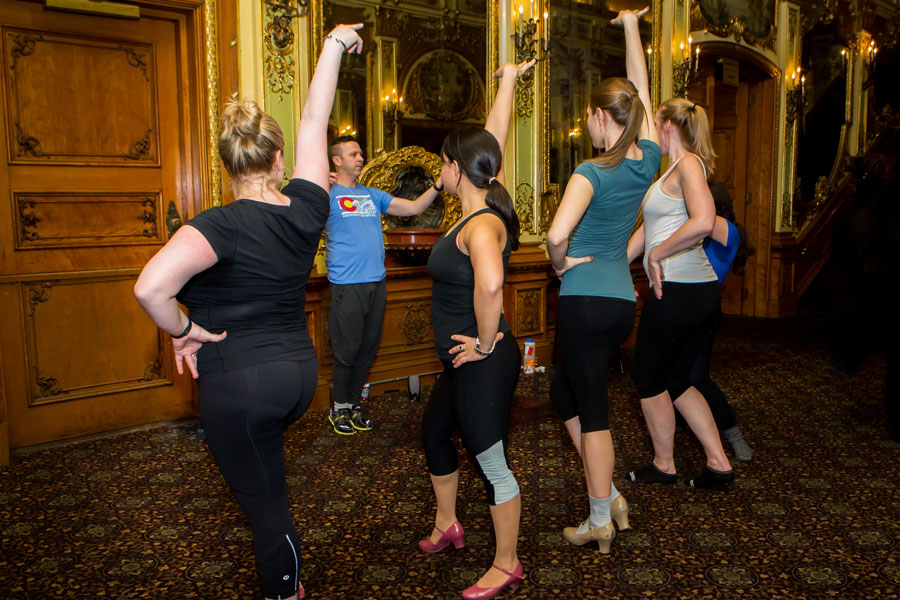
Melissa Blackall









